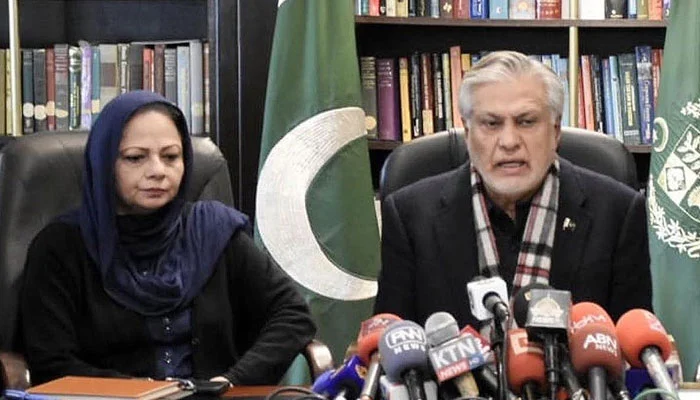Business
Mini-budget likely to be passed in National Assembly today
-

 Latest News1 day ago
Latest News1 day agoThe BCCI has confirmed that Pakistan’s name will be on India’s jersey during the Champions Trophy.
-

 Latest News2 days ago
Latest News2 days agoWhatsApp launches bulk channel management functionality
-

 Entertainment2 days ago
Entertainment2 days agoKubra Khan has officially announced her wedding date – Here are all the facts!
-

 Latest News2 days ago
Latest News2 days agoProviding the best travel facilities as a top priority is a key priority for the provision of safety measures on highways.
-

 Latest News1 day ago
Latest News1 day agoChinese New Year Festivities: CPEC-2 Will Create Vast Possibilities: Ahsan
-

 Entertainment1 day ago
Entertainment1 day agoAhad Raza Mir and Dananeer Mobeen’s tight relationship has sparked rumours!
-

 Business2 days ago
Business2 days agoAccording to projections made by the World Bank, Pakistan’s gross domestic product will expand by 2.8% during the fiscal year 2024-25.
-

 Business2 days ago
Business2 days agoSIFC and UNICEF Collaborate on Youth Training: $1.5 Million Girls’ Education Agreement


























